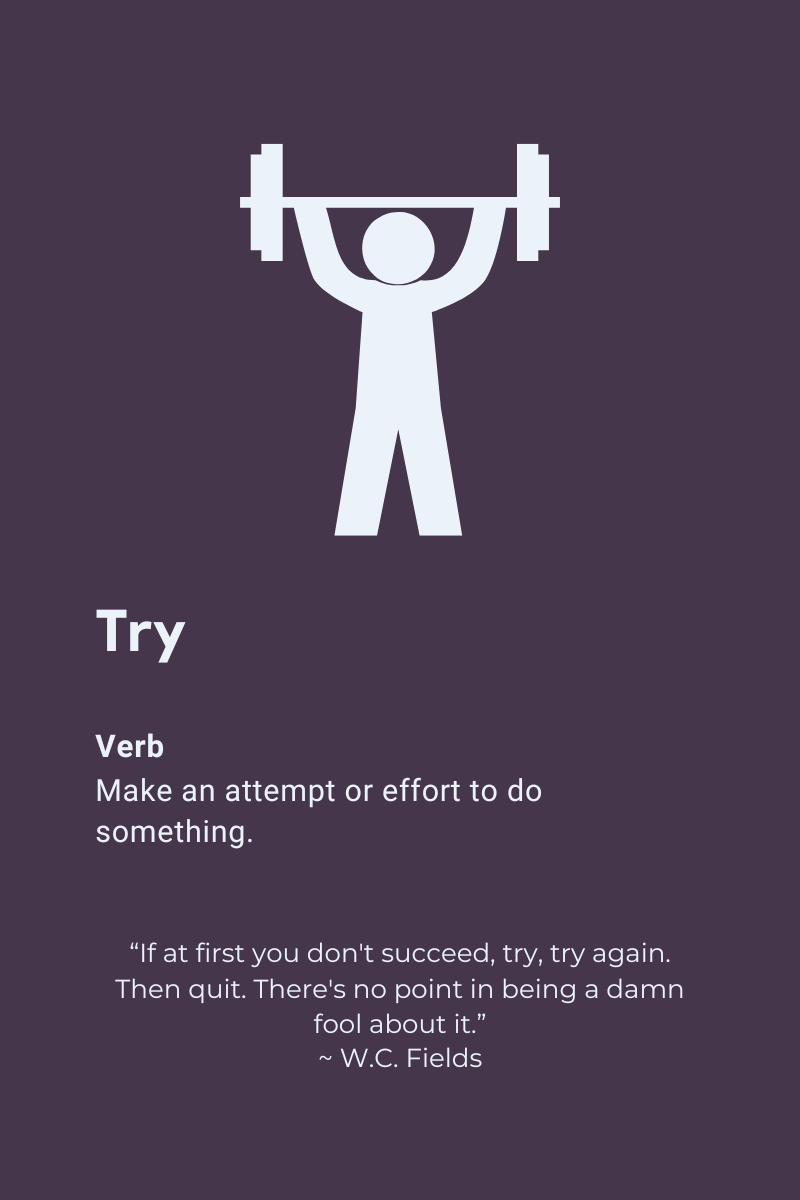Does Alcohol Really Help with Stress and Sleep? Here’s What Science Says
- Aidan
- Jul 28, 2025
- 3 min read
Updated: Aug 29, 2025
Does Alcohol Help With Stress & Sleep?
After a long, stressful day, many of us instinctively reach for a drink, a glass of wine, a pint, maybe a G&T. It's a familiar ritual. It can feel like a well-earned reward, a way to take the edge off or drift off more easily at night.
The idea that alcohol helps us relax or sleep better is deeply rooted in modern culture, but is it actually true? Does alcohol help with stress and sleep?
Let’s take a closer look at what the science says about alcohol’s impact on stress, sleep, and mental wellbeing, and explore healthier, evidence-based alternatives.

How Does Alcohol Affect Stress in the Short Term?
Alcohol can temporarily reduce stress by altering brain chemistry. It increases the release of dopamine and serotonin, neurotransmitters that are associated with pleasure and relaxation.
When you're already stressed, the contrast in emotional state can feel even more pronounced. This creates a reinforcing loop: stress leads to drinking, drinking leads to temporary relief, which reinforces the behaviour.
This short-term effect explains why many people begin to rely on alcohol as a coping strategy, even if unconsciously.
What Are the Long-Term Effects of Alcohol on Mental Health?
While alcohol may seem helpful at first, regular or excessive use can actually make stress and emotional regulation worse over time.
Here’s how:
Brain adaptation: The brain gradually becomes less sensitive to alcohol’s pleasurable effects, requiring more to achieve the same result, known as tolerance.
Impaired coping: Over time, alcohol disrupts natural emotional regulation, reducing your ability to deal with stress without it.
Increased vulnerability to anxiety and depression: Long-term alcohol use is linked to higher rates of mood disorders, particularly in people who began using it to cope with emotional distress.
Even well-intended efforts to cut back, like participating in “Dry January”, can feel emotionally challenging if alcohol has become a stress crutch. This struggle can itself become another source of stress or even shame.
Does Alcohol Really Help You Sleep?
Yes and no — and mostly no.
Alcohol is a central nervous system depressant, meaning it slows down brain activity. This can make you feel sleepy and help you fall asleep more quickly, which is why the idea of a “nightcap” became so common.
But while alcohol may help you fall asleep, it doesn’t help you stay asleep — and it disrupts the quality of your sleep in several key ways.
How Alcohol Disrupts Sleep Quality and REM Cycles
Once your body begins to metabolise the alcohol during the night, its sedative effect wears off. Your brain starts to become more active again — leading to:
Frequent night-time awakenings
Reduced REM sleep, the most restorative part of the sleep cycle
Lower sleep efficiency (more time in bed, less true rest)
For people who drink regularly or heavily, alcohol can eventually make it harder to fall asleep at all. Over time, this creates a vicious cycle of fatigue, stress, and more drinking to “cope.”
The Bigger Picture: Alcohol, Sleep, and Emotional Health
When alcohol becomes a habitual way to manage stress or sleep, it often worsens the very issues it was meant to solve.
Sleep disruption increases fatigue and irritability
Poor emotional regulation makes stress more overwhelming
Long-term alcohol use raises the risk of dependency and mental health disorders
This doesn’t mean you have to give up alcohol entirely if you enjoy it socially or in moderation. But if you find yourself turning to it specifically to manage stress, anxiety, or sleep, it might be time to consider other, more sustainable options.
A Healthier, Evidence-Based Alternative
At Volition Therapy, we help clients take back control of their wellbeing using Cognitive Behavioural Hypnotherapy (CBH) — an approach for managing:
Stress and anxiety
Insomnia and sleep disturbances
Habitual coping behaviours
Rather than relying on quick fixes, CBH equips you with practical tools and strategies that support emotional resilience and long-term change.
Ready to Sleep Better and Feel More in Control?
If you’re struggling with the effects of stress, anxiety, or poor sleep. You're not alone. Therapy can help.
Book a free consultation today to explore how Cognitive Behavioural Hypnotherapy can support you in creating meaningful, lasting change.
Frequently Asked Questions
Does alcohol help you sleep better? Not really. While alcohol can make you fall asleep faster, it disrupts the quality of your sleep, especially REM sleep, making you feel more tired the next day.
Can alcohol reduce stress or anxiety? Only in the short term. Long-term, alcohol use often increases anxiety, lowers stress resilience, and disrupts healthy emotional regulation.
What are healthier ways to manage stress and sleep problems? Cognitive Behavioural Hypnotherapy offers a practical, evidence-based approach to managing stress, anxiety, and insomnia.
References




Comments